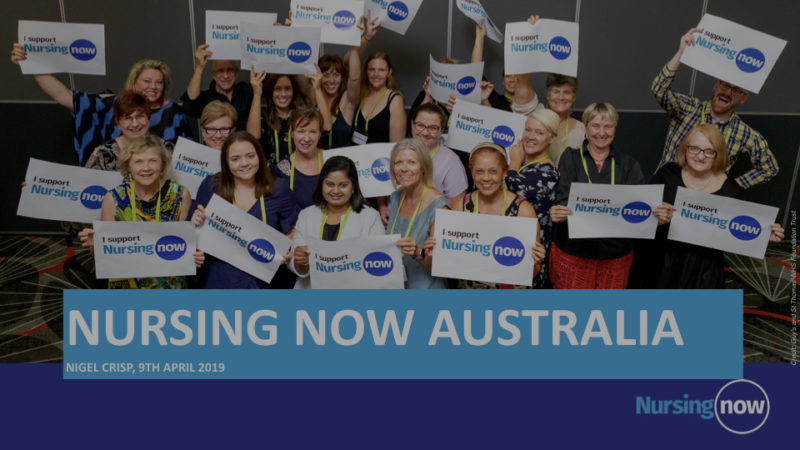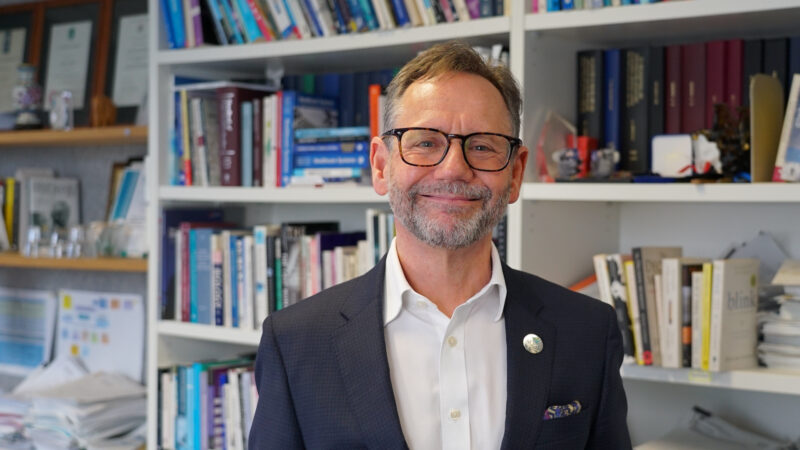There are several issues related to oral health care in Australia. Some of these include:
- Access to care: Many Australians, especially those living in rural or remote areas, may face barriers to accessing oral health care services. This can be due to a shortage of dental professionals, limited public transport, and financial constraints.
- Cost of care: Dental care in Australia can be expensive, and many people may be unable to afford essential treatments. While the government provides some funding for certain groups such as children and low-income earners, many people still have to pay out-of-pocket expenses for dental care.
- Disparities in care: There are significant disparities in oral health outcomes among different populations in Australia. For example, Indigenous Australians and people from lower socio-economic backgrounds are more likely to experience oral health problems than other Australians.
- Workforce shortages: There is a shortage of oral health professionals in some areas of Australia, which can lead to longer wait times and reduced access to care.
- Preventive care: There is a need to improve education and awareness about preventive oral health care practices, such as regular brushing, flossing, and dental check-ups, to reduce the incidence of oral health problems.
- Aged care: Many older Australians may face difficulties in accessing oral health care due to physical limitations or cognitive impairments. This can lead to a decline in oral health and overall health outcomes.
Overall, addressing these issues requires a multi-faceted approach that involves improving access to care, addressing disparities in care, promoting preventive care, and addressing workforce shortages.
One of the ways Dr Padma Gadiyar, a dentist running a number of practices in Brisbane, has considered is through digital health. Dr Gadiyar has developed Smilo.ai, an app that is able to take photos to assess the health of teeth through artificial intelligence, provide guidance on oral health issues for the user, at the same time helping to deliver public health literacy.
In this People In Health Care segment, Dr Gadiyar spoke to Australian Health Journal on how she hopes the app will help increase the number of people seeking dental treatment from the current 47% level in Australia. To date, 120,000 users have downloaded the app with more than 50 dental practices signed up with Smilo.ai to receive individual enquiries or seek dental treatment.
Smilo.ai is a member of the Australian Dental Industry Association.
You Might also like
-
Health-Tech Connections
Challenges in health care delivery have compounded, with clinical staff being exposed to the Omicron COVID variant. Reduced staffing has brought on its challenges to most already-strained state health care systems and the people working in them.
However, over the past 2 years of the pandemic, technology has played an increasing role on the front end for patients and consumers at home and clinicians in the medical setting. Much more is planned in technology that will deliver efficiency, reduce risk and make available new models of care. This has the potential to touch the working lives of all stakeholders and
recipients of care. -
Nursing Now Australia Launches
The evening of Tuesday 9th April saw the launch of Nursing Now Australia in Sydney, with Lord Nigel Crisp, Co-Chair of Nursing Now.
Professor Christine Duffield FACN, President of Australian College of Nursing welcomed the start of the campaign and explained the relevance to Australian Nurses.
-
Australian Healthcare and Hospitals Association Health Services and Systems Hospitals and Clinics New Content Patients
Professor Jeffrey Braithwaite on patient safety and health systems improvement
Professor Jeffrey Braithwaite is Founding Director of the Australian Institute of Health Innovation, Director of the Centre for Healthcare Resilience and Implementation Science and Professor of Health Systems Research at Macquarie University.
Professor Jeffrey Braithwaite is a leading health services and systems researcher with an international reputation for his work investigating and contributing to systems improvement.
The Australian Healthcare and Hospitals Association (AHHA) recently announced it will award the 2021 Sidney Sax medal for outstanding contributions to the development and improvement of Australia’s healthcare system to Professor Jeffrey Braithwaite.



